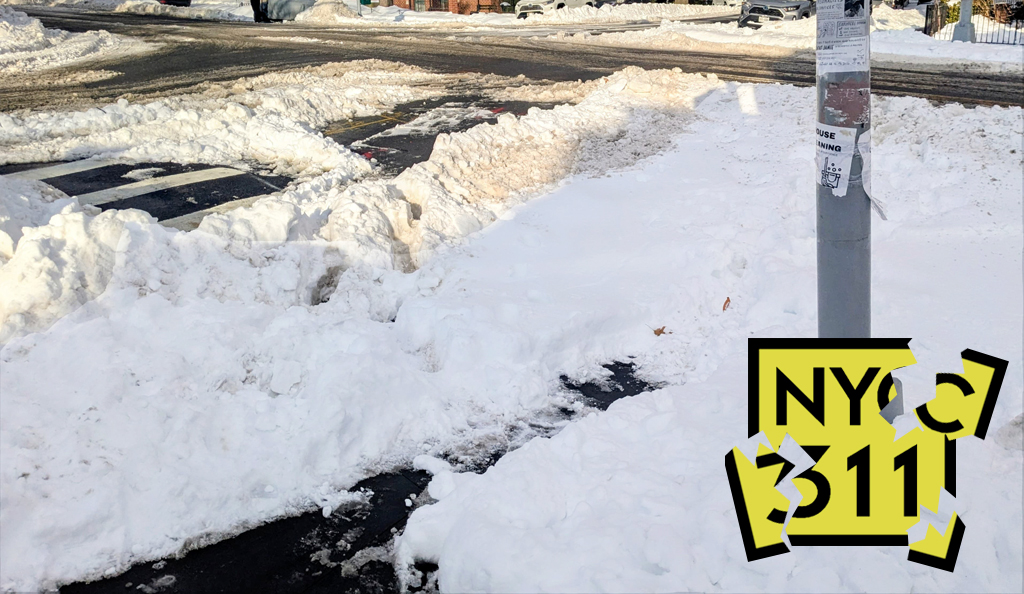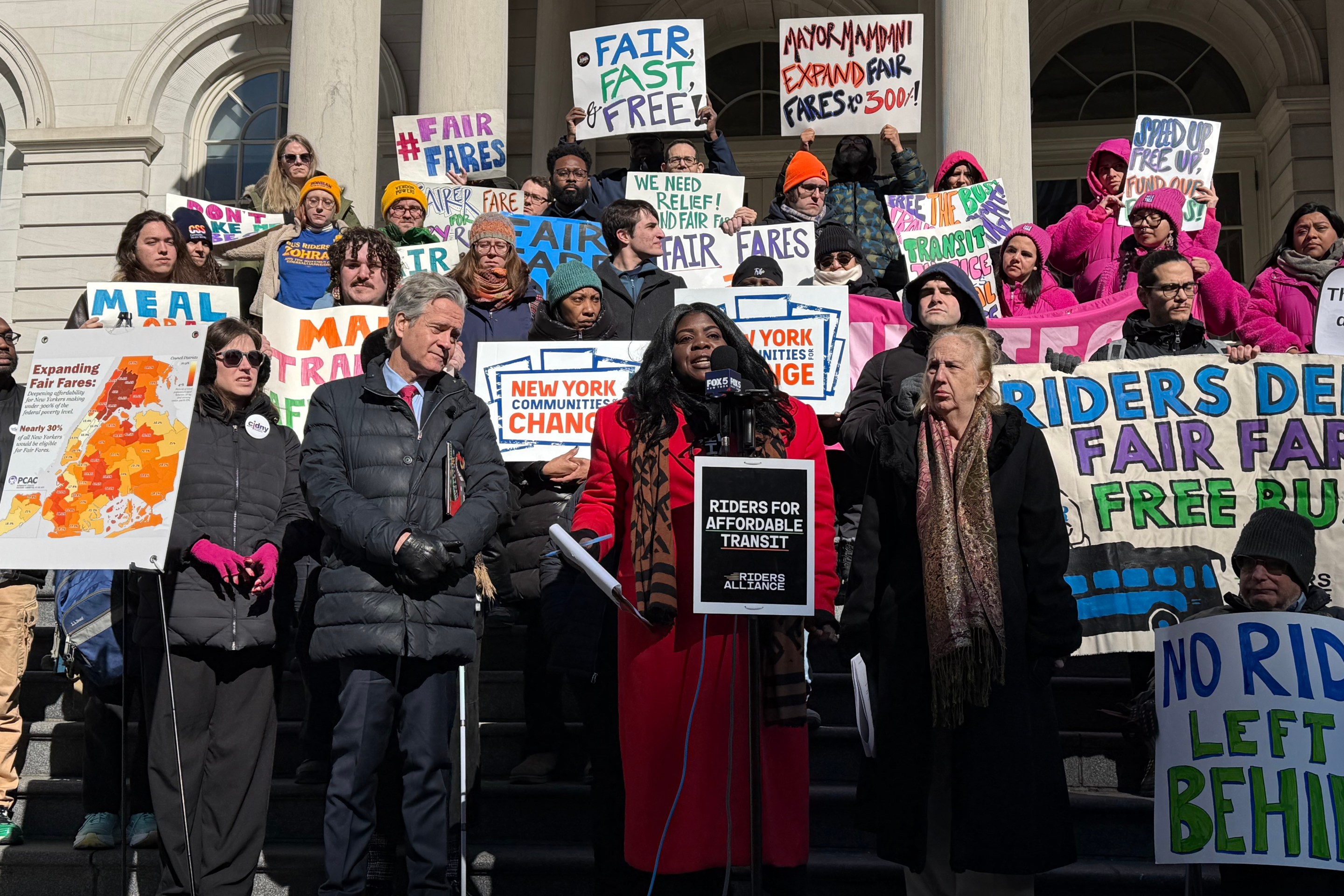While a six-year Senate transportation bill languishes in partisan purgatory, the House Ways and Means Committee has proposed an eight-month patch that would backfill the Highway Trust Fund until May 31, 2015. That would punt the transportation bill debate until a new Congress takes over -- one that’s expected to have Republican majorities in both chambers.

Ways and Means Chair Dave Camp earlier proposed "business tax reform" to fund transportation -- as did President Obama -- but even those powerful champions on both sides of the aisle weren’t enough to get traction on that idea.
The new Ways and Means proposal abandons both that idea and the Republican scheme to use post office cuts to offset losses to the Highway Trust Fund (which also funds transit and active transportation infrastructure, by the way). Instead, it opts for a smattering of fiscal gimmicks and fees unrelated to transportation with a previous record of success in the Senate.
Meanwhile, Sen. Ron Wyden (D-OR), chair of the Senate Finance Committee, is trying to get the full chamber to consider his extension bill, the PATH Act -- that stands for Preserving America's Transit and Highways -- which has its own complex web of pay-fors.
While the Senate bill has been larded up with amendments that are unlikely to go anywhere, neither bill, at its core, includes any policy changes. Both are just stopgap funding fixes, and substantially similar ones at that.
The only substantive difference between the House and Senate proposals is the length. Wyden’s bill would require further action after the elections (as lawmakers agree is necessary) but before the new Congress is seated. Ways and Means Chair Dave Camp explained in a statement why he opposes that plan:
[A]ny effort that just goes to the end of this year will only lead to another backroom deal during the lame-duck session where only a very few Members are present or have any say in the matter. I’ve been in that room enough, and it is time for the Committees and the entire House and Senate to have the full influence they deserve.
Another benefit: By next May, Dave Camp will be comfortably retired and won't have the Highway Trust Fund on his conscience anymore.
So Camp’s bill would kick the ball further down the road until spring, when the GOP will likely -- according to current forecasts -- control both chambers of Congress. That scenario would make it far easier for Republicans to pass a transportation bill.
What would that bill look like? Camp makes clear that it won’t include the one necessary component to sustaining the Highway Trust Fund: a gas tax increase of 10 to 15 cents a gallon.
What troubles me most about a December 31, 2014 date are those using it as a ploy to stick the American people with a massive increase in the gas tax – just about the worst tax increase Congress could hit hardworking Americans with. So, I am seeking the reasonable middle ground of the end of May 2015.
Some middle ground. Chronologically, sure, it’s somewhere between three months and six years. But it does exactly what the Democrats want least: eliminate any power they might have over the final bill, if the GOP manages to pass one.
What would that bill look like? Even the post office idea would provide less than a year’s worth of funding. GOP lawmakers could return to their old idea of funding transportation with oil drilling revenues.
At least Republicans have backpedaled on previous assertions that instead of raising more revenue to match spending, spending should be reduced to match revenue. The GOP now recognizes that as a losing argument.
In truth, history isn't much of a guide as to what the Republicans might do. Remember, the House didn’t even pass a bill last time around.





